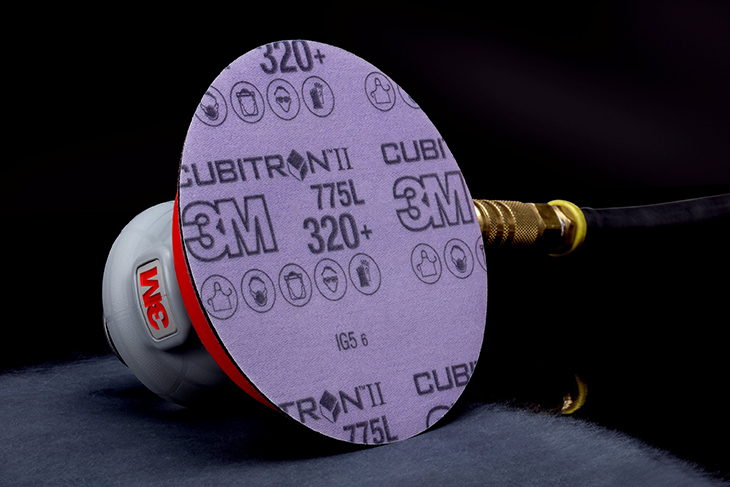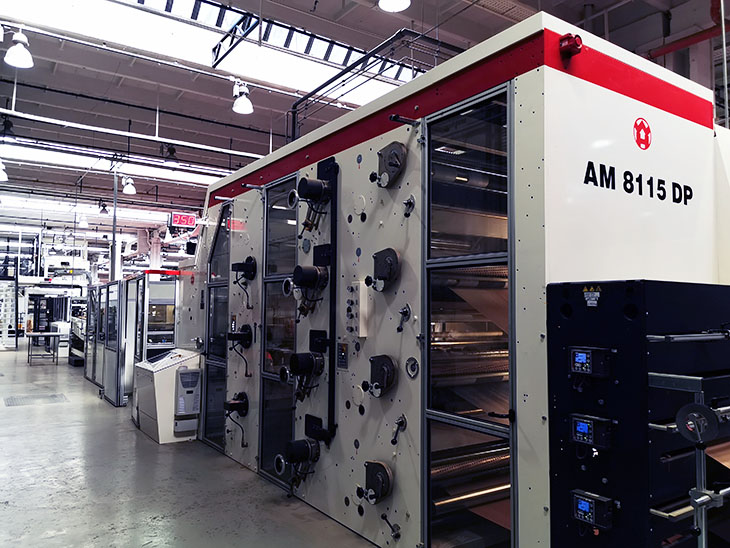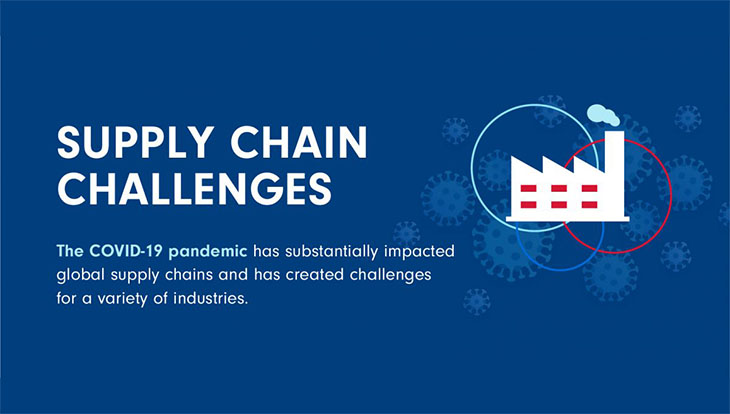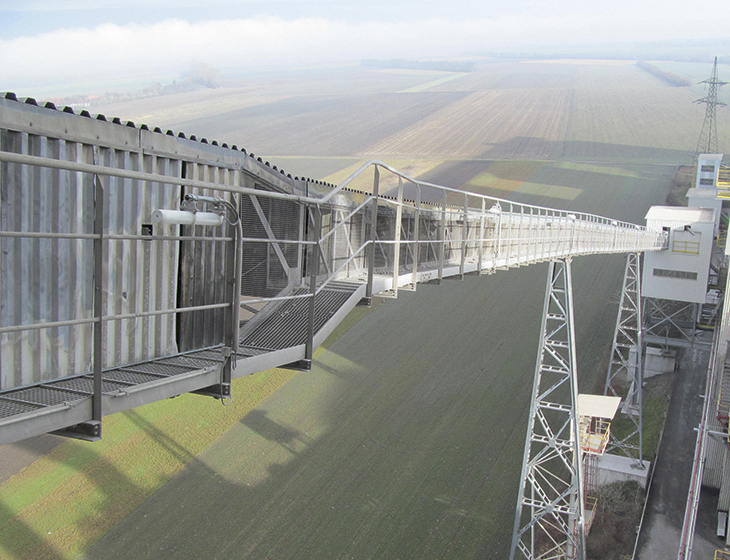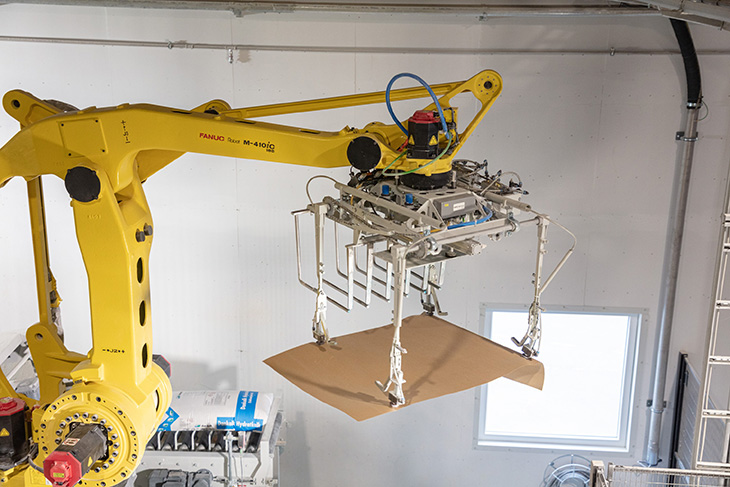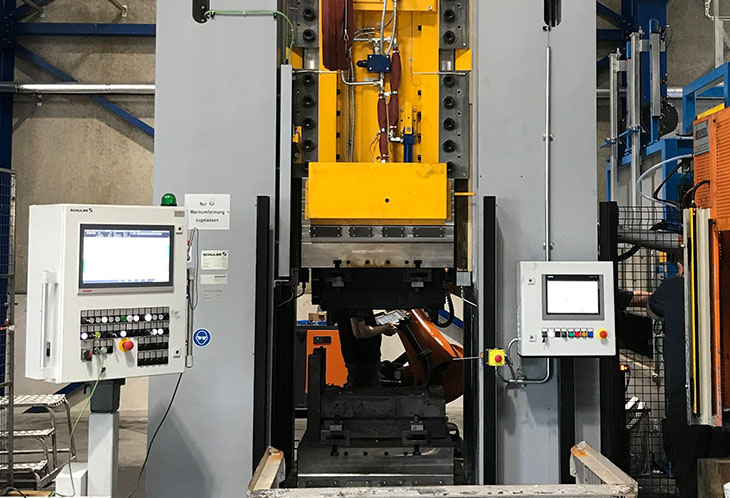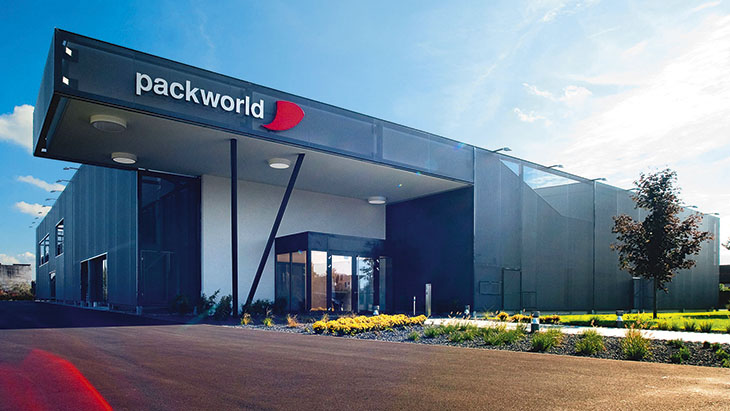In the manufacturing industry, companies are often faced with supply chains that stretch across various countries and continents. Therefore, they have to deal with certain challenges and risks when it comes to global electronic data interchange and e-invoicing. Goods might pass several stops via various modes of transport before they reach their final destination. This is why it is crucial to manage the entire process efficiently, from sending an order to transport and acknowledgement of receipt. For all of these steps, harmonized EDI flows will serve as a useful tool and help reduce errors and costs. What should manufacturing companies look out for when implementing EDI and choosing the right provider? Read on to learn the answer.
Technological diversity among partners
Due to these country and industry-specific differences, and to the number of partners in a global manufacturing supply chain, a very diverse IT-landscape is to be expected. Hence, to realize EDI and e-invoicing with all business partners, it is a must that your provider supports a wide range of formats and protocols with a broad interoperability network. Even companies that still rely on paper documents must ensure that these are also integrated in an electronic data procedure with the appropriate scanning services and OCR (optical character recognition) technology from your EDI provider. For a smooth invoice flow and maximum automation, data should also be easily transmitted between you and your partner’s existing IT systems. This requires your provider to have the ability to make standard as well as custom integrations.
Data integrity: sending products around the globe
Another requirement that arises from global supply chains in the manufacturing industry is to ensure the integrity of data throughout the whole process. Materials often make intermediate stops where they are transferred onto a new transport vehicle or are separated and sent to different final locations in a cross-docking stock. To make sure that all products reach the right destination in time, and to avoid potential production delays, everything must be labelled correctly. This can be achieved easily via the automated transformation of document types within the EDI system: PO-Flip allows reference documents to be created directly from the corresponding order. Accordingly, despatch advices, labels, receipt advices and so on can be produced on the basis of previously filled out documents and forms. This process minimizes human error and reduces execution time to the minimum.
In addition, it is recommended to integrate a serial shipping container code (SSCC) with your documents, enabling you to track your freight globally at any time.
Connecting businesses worldwide
Finally, managing a global supply chain also means managing people worldwide. Connecting a great number of partners from different countries to an EDI platform can be an effort in terms of planning and communication. A good EDI provider will offer support in this process or take it over completely. To contact all partners and discuss technical specifications, it is necessary that a service desk is available at all hours to compensate for time zone differences, and is capable of communication in multiple languages. This will not only make the on-boarding process smoother, but will also improve error handling which might delay a delivery. Furthermore, a project management team experienced with these kinds of global challenges is essential for planning actions and monitoring progress efficiently.
Legal diversity: different countries, different rules
E-invoicing requirements are determined by ever-changing legal regulations that vary from region to region. With the advent of real-time tax inspection, more and more countries are starting to create laws and technological environments allowing authorities to automatically check each invoice and related documents (clearance model). Individual approaches can differ greatly, presenting a challenging complexity of legal specifications for EDI and e-invoicing worldwide. These requirements can range from mandatory standard formats and data center locations to custom formats designed by governments, official obligatory platforms through which documents must be processed, or even entire infrastructure schemes. Therefore, it is vital to have a reliable provider that guarantees global legal compliance and adjusts to legal changes in time to avoid penalties.
On top of geographical standardization, there are also associations creating industry-specific standards within some countries. For example, the German automotive association VdA provides a manual including a set of standards for invoicing in their industry.
To sum up, there are several important success factors that have to be analyzed in the context of your company environment in order to properly implement an EDI system in the manufacturing industry. Due to the legal trend towards e-invoicing, this topic is unavoidable and must be addressed well to avoid delays in your supply chain and legal penalties.
Comarch is an experienced EDI provider with more than 130 000 active users in 50-plus countries on five continents. Supported by 15 data centers across the world, Comarch guarantees global legal compliance and offers dedicated solutions based both on standards and individual requirements.
If you want to know more, please follow this link: Comarch EDI
Paula Mueller – Consultant ECM/EDI
















